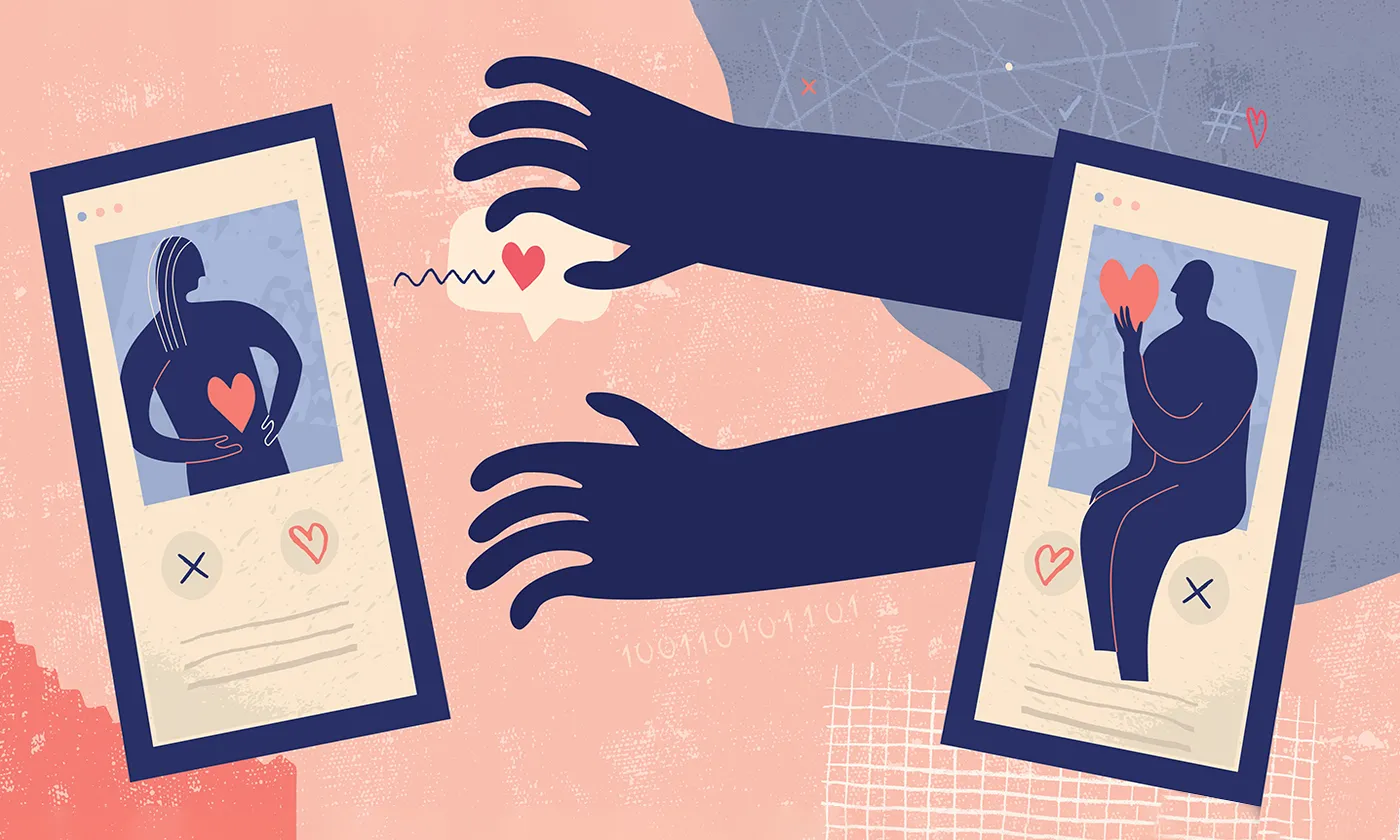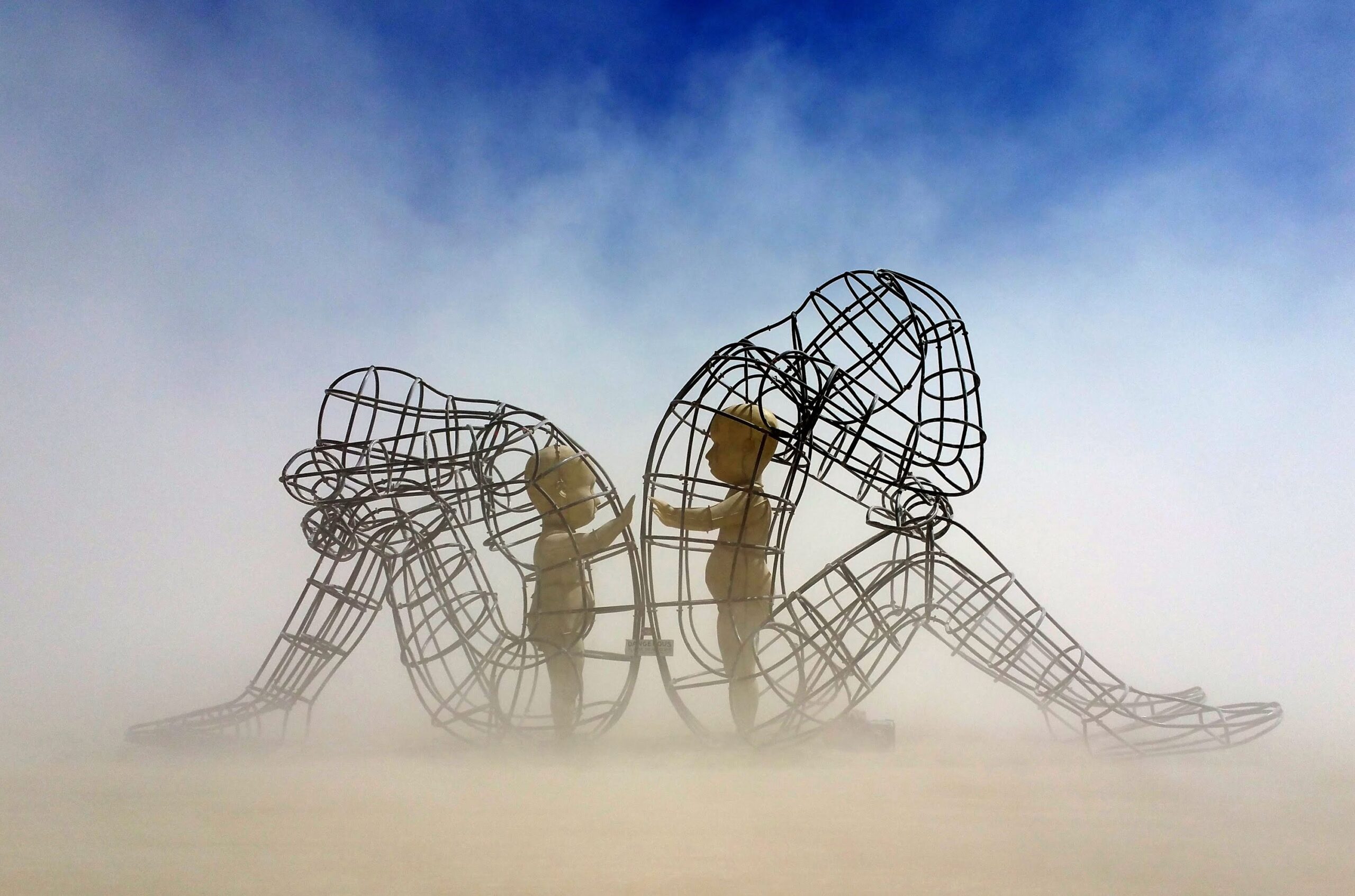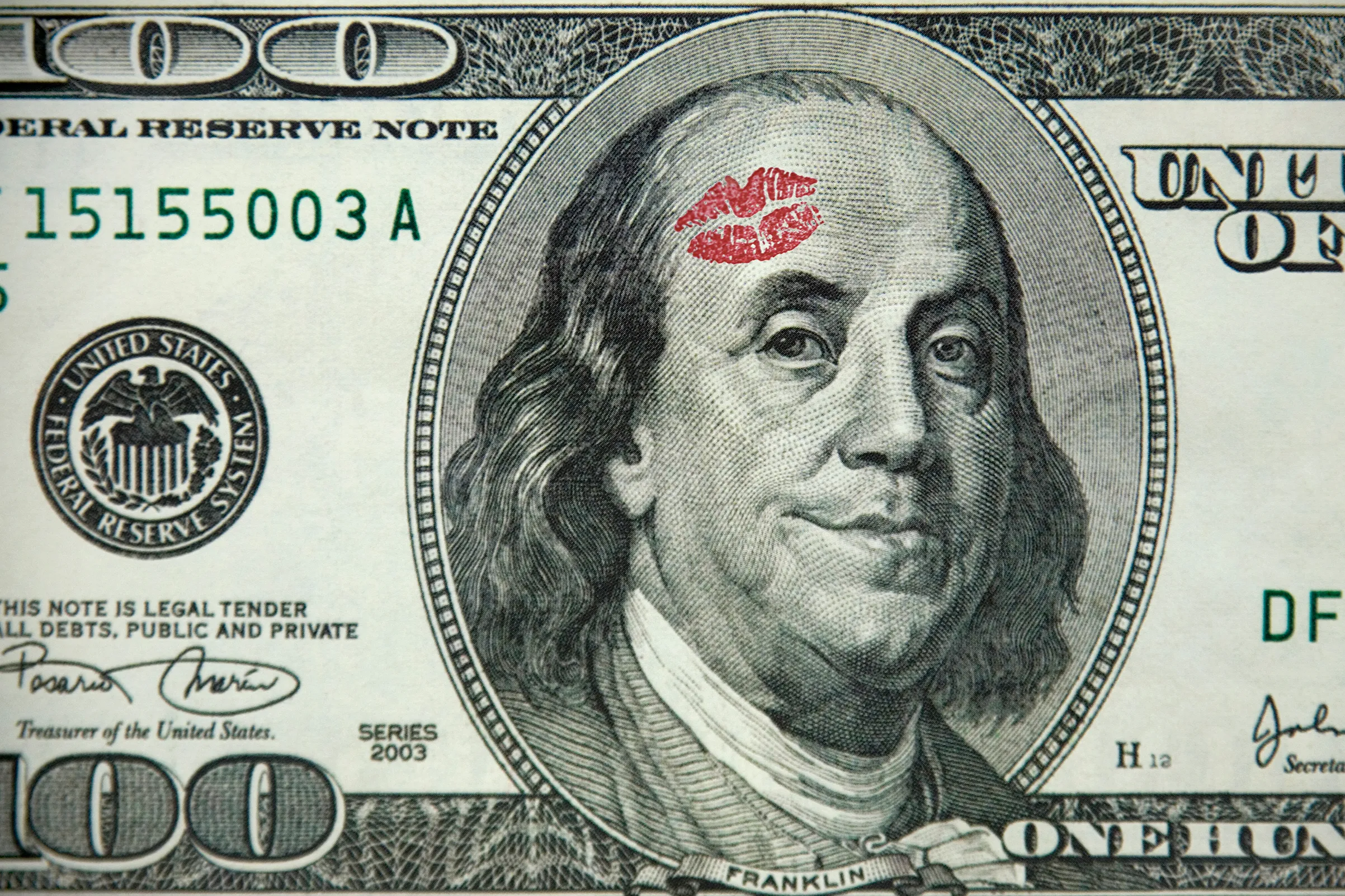By Evi Tsakali,
Two years ago, in the Parisian RER, I would argue with a friend of mine on whether “love is for free” and I would passionately support the affirmative; yet here I am, putting the words “capitalism” and “love” in the same title of one of my articles (I guess that is a belated “you are right”).
What I could not quite perceive at the time was that love is, albeit it is not always easy to admit, a marketable product, and that does not mean -however- that we are not sincere in our pursuit of love. Apparently, “love is always for sale/ ‘cause someone’s willing to pay” (click here if you want to listen to it while reading), since even the (quasi-)institutions associated with romantic relationships are marketable. As that aforementioned friend of mine put it when I interviewed him for Pride Month (read part 1 and part 2 here), dating apps are indicative of this commercialized character of human romantic relationships: “The dating culture that revolves around apps like Tinder or – even worse – Grindr is a consumer-based culture; it is not about finding YOUR match, but about having matches. It is logical if you think about it since the corporations behind those applications want to keep them running; they don’t want you to close the app, they want you to keep matching. They create and promote the need to date and never match; there is an abundance of offer, and hence everyone thinks “I can find better”.”.

Love is not only, as it seems, a marketable product, but also something for the sake of which -like in capitalism- we need to assess risks. When doing business, it is vital to understand and predict potential risks; in relationships, that translates to understanding our partner’s vulnerabilities but also (and maybe most importantly) our own -a risk that we are willing to take. This is where the -perhaps- largest cost of love lies, in that emotional credit card; in that sense, love is not for free, but sometimes even the richest of people do not have the resources available to pay their debts.
Love is messy; and messy is -on the other hand- not a very commercial trait for a marketable product to have. It is that mess that makes the controversy on whether love is for free more complicated. In fact, that argument in the RER revolved around the idea of whether our love life has or has not been formed, to a certain extent, by our privilege. Disclaimer: the syllogism that will follow may seem like first-world problems to some readers, since the point of view of the argumentation will be (surprise) privileged, I will nonetheless proceed unapologetically, because (and this is the reason I decided to write this article) I think that through that argument we speak for many people who have found themselves in that position. The thesis statement “love is not free” is not necessarily about money per se, but mostly about the fact that money (and the direct or indirect assorted privilege that we may have grown up with) has taken us places and shaped our life in a specific way; and that is crucial when it comes to whom we get to meet and how we experience love. That thesis statement lies on the realization that sometimes our romantic experiences are linked to our ability or inability to afford and sustain a specific lifestyle; that sometimes our lifestyle can direct us towards specific types of people, or isolate us; that sometimes we are left wondering whether people are drawn to us or to the world around us -is it us that are pushing others away or the lifestyle that comes with us?

That argument in the RER was the product of experience and heartfelt emotions. Personally, I am a private high school graduate who went abroad to study at the age of 18 and who has recently moved to yet another foreign country to pursue her postgraduate studies; I think that suffices to describe how my privilege has shaped my romantic life and most importantly the circumstances under which I met the people that have shaped it over the years (and for whom I am grateful). Following that train of thought maybe love is not for free; but our privileges are not the only price to pay. As mentioned before, love is messy and complicated, sometimes people are not willing to take risks and invest in emotions, and it is not rare for that to be linked to the fact that sometimes our lifestyles isolate us. The very same privileges that got me to taste what love feels like took it away from me… so I guess that this (a bit chaotic I admit) article is both a “thank you” and a “screw you” to capitalism.




